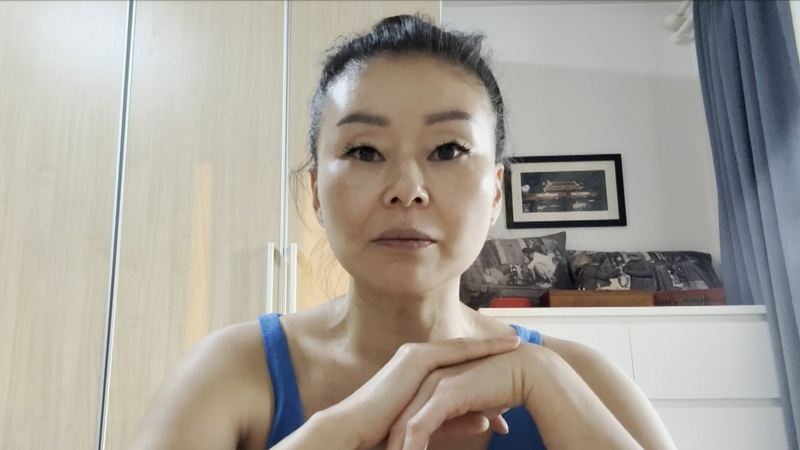In a landmark move, South Korea recently announced it will end all private overseas adoptions, closing a chapter marred by decades of abuse and fraud. The reform follows a wave of revelations that prompted lawmakers, activists, and adoptee networks to demand change.
One face of this story is Korean-American adoptee Kara Shroeder, born in South Korea and adopted into a U.S. family in 1976 when she was less than a year old. Over the past eight years, Kara has embarked on a relentless search for her birth family, driven by questions left unanswered in her adoption records.
Her files state she was abandoned by her birth parents, a claim Kara now believes may not capture the full context. In her CGTN interview, she said the word 'abandoned' in her record doesn't tell the whole story.
For young global citizens and changemakers, Kara's journey underscores the intersection of personal identity and cross-border policy. As digital platforms and DNA databases empower diasporas everywhere, adoptees are harnessing technology to piece together family trees and recover lost narratives.
Data from adoptee networks show that thousands of South Korean children were adopted overseas in the latter half of the 20th century. Many now call for transparent records, ethical safeguards, and reunification support. South Korea's reform, which abolishes private placements, aims to strengthen state oversight and protect children's rights.
The ripple effects are already visible. Online forums buzz with hope, while tech startups develop specialized search platforms to match adoptees with long-lost relatives. For business and tech enthusiasts, this represents a new frontier where data privacy, AI-driven matching, and social impact converge.
Beyond the policy shift, Kara's story reminds us of the human dimension behind headlines. Whether you're a traveler, a digital nomad, or a sports fan tuning in from across the G20, these issues touch universal themes: identity, belonging, and the power of connection. As South Korea charts a new path in adoption practices, communities worldwide watch and some may see a template for reform in their own nations.
Kara hopes the reform will bring more answers and healing, noting that no child should grow up wondering if their record told the whole truth.
Reference(s):
Korean-American adoptee shares story and 8-year roots search
cgtn.com




